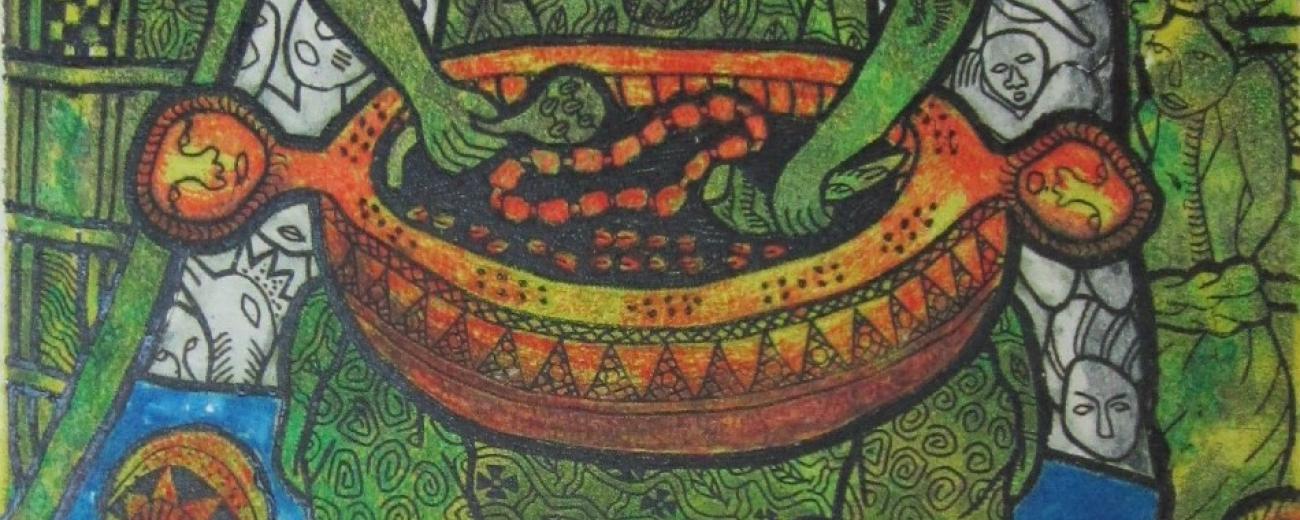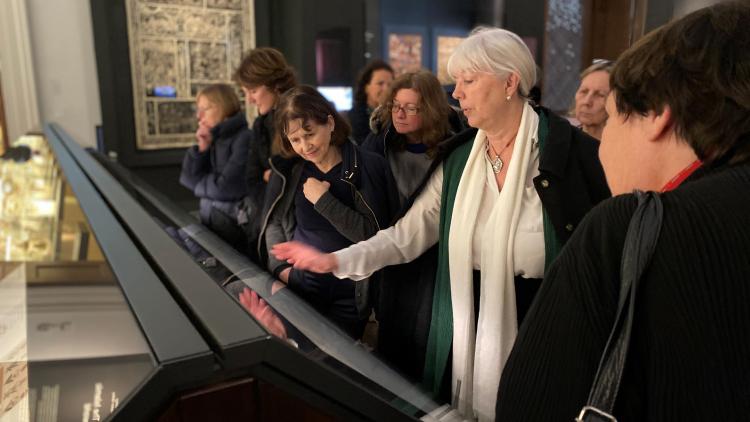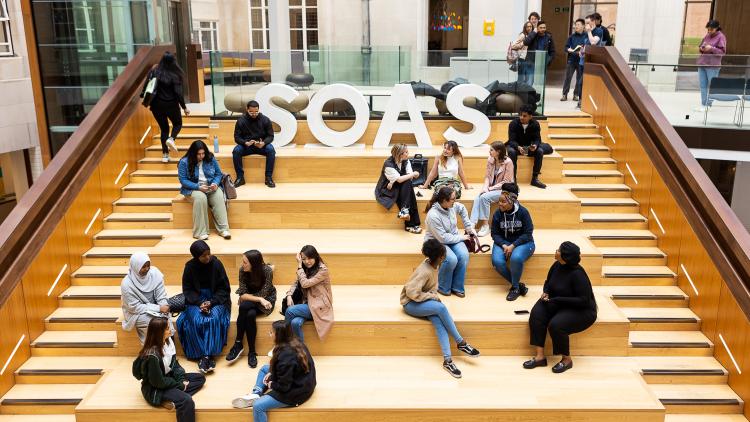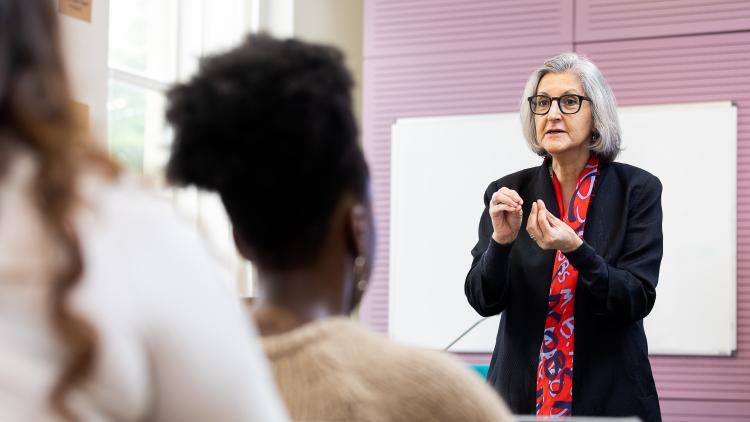Yorùbá language courses


Studying Yorùbá at SOAS Language Centre
The production of a grammar for ‘standard’ Yorùbá is attributed to Bishop Samuel Ajayi Crowther, the first African bishop of the Anglican church, in the mid 19th Century. The Yorùbá language is, needless to say, far older than the 19th Century. It is associated with the Ife culture of southwestern Nigeria which reached its apogee in the period 900-1400 AD and is particularly remembered for the outstanding quality and artistry of its bronze castings.
There are many dialects within Yorùbá, so ‘standard’ Yorùbá, the variety taught at school and promoted through the media, serves as an important tool in unifying speakers of the language and in both promoting and maintaining a Yorùbá identity. If all dialects of Yorùbá are taken together, the number of first language speakers is in the region of 20 million within Nigeria alone – greater still, if second language speakers are also included.
Outside of Nigeria, Yorùbá is spoken in Benin and Togo, and traces of it are found among communities in Brazil, Sierra Leone (where it is called Oku) and Cuba (where it is called Nago). Over the last few decades, a large number of speakers of Yorùbá have settled in the United Kingdom, especially in the London area, where the language has become a significant addition to the multilingual landscape.
Short course in Yorùbá
For course dates and information, please see our timetables.
Back to the Language Centre.


